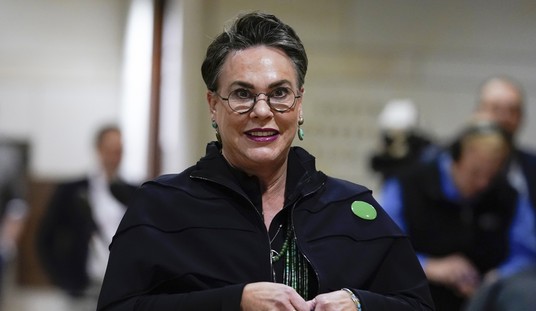For those of you who missed it, The New York Times recently ran some controversial, front-page stories regarding the natural gas industry. Specifically, some are questioning whether or not this was an agenda driven hit piece on the gas industry.
Ken Boehm, of the National Legal and Policy Center, has called for an investigation into the matter where he lays out what the issues are:
I write to request a formal inquiry by the Public Editor into a series of articles published last week in The New York Times about the natural gas industry and the investment banking world. In the “Drilling Down” series, Ian Urbina alleges that there is a speculative bubble in the shale gas industry, “in much the same way that insiders have raised doubts about previous financial bubbles.” But at least two of the sources for his articles are not industry insiders at all. Rather they appear to be two individuals whose agenda is to publicly disparage the shale gas industry’s image and outlook.
The accusation sounds soft at first, but harsh words followed:
I am concerned that the Times, in a serious breach of long-established journalist standards, ignored, concealed, or was misled regarding the conflicts of some of its key sources.
Not using industry sources to support this series would be oversight enough, but Boehm had a specific person in mind.
In fact, however, the likely source of some of these emails is Arthur Berman of Labyrinth Consulting Services in Sugar Land, Texas, who does not work for the shale gas drilling industry. As Mr. Urbina acknowledges at one point in the June 25 story, Arthur Berman is actually “one of the most vocal skeptics of shale gas economics.” Yet the Urbina stories do not disclose that Mr. Berman is much more than that. He is the creator and leading popularizer of the shale gas “bubble” critique embraced by Mr. Urbina, and seems to have been his main source. Perhaps most egregiously, the Urbana stories also neglect to mention that Arthur Berman makes his living providing investment advice based upon his own position as a shale gas critic.[1]
Compelling to say the least.
After growing pressure from a chorus of critics, reports began appearing that NYT editors were mounting a vigorous defense in response to Boehm’s request. In fact, New York Magazine reported that Rick Berke, national editor of the NYT, sent “an internal memo defending the gas investigation.” New York Magazine provided excerpts of the “surprisingly detailed” letter to NYT Public Editor Arthur Brisbane:
The terms that have attracted the most attention — ‘ponzi scheme’, comparisons to Enron, ‘dot-com bubble’ — are not terms that the Times itself used,” Berke wrote to Brisbane. “These terms come directly from internal emails that were written by industry officials, market analysts, and others. So that readers could judge the context of these comments, the Times published the emails themselves. The emails are indeed striking in their bluntness. Some of the authors of the emails say they have been ‘sounding the alarm bells’ about what they see as serious issues that are being ignored. We were further careful to add calibration and qualification language about the emails.”
Either Berke is actively trying to not understand the point of the concerns, or he’s doing the written version of placing his hands on his ears and humming an annoying song.
Urbina and the NYT are not under fire because the accurately reported the content of the emails. They are being challenged because they gave the distinct and misleading impression to readers that the emails on which they relied represented a broad cross-section of gas industry insiders. In fact, many of the emails that they relied upon appear to have been communications from or to one lone source – Arthur Berman of Labyrinth Consulting Services – who has financial interests as a critic of shale gas and routinely encourages short selling of shale gas among investors.
Boehm’s detailed letter to Brisbane charges editors at the NYT with “obsur[ing] the fact that Mr. Berman is clearly the author or recipient of many of the emails cited as the basis for Mr. Urbina’s story.” The NYTs response to the story is incomplete and potentially dishonest if Berman was in fact the source.
Let’s see if the New York Times is ready to shine that magnifying glass onto themselves the way they happily have on others over the years.














Join the conversation as a VIP Member